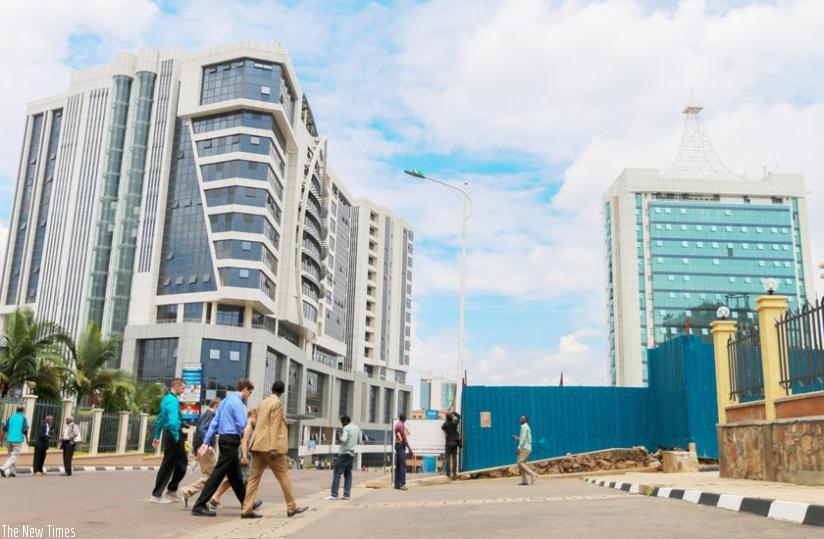In Rwanda, pedestrians matter more than vehicles
Editor,
RE: “The street as the ‘third place’ between home and workplace” (The New Times, January 27).

Pedestrians walk in the Kigali car-free zone. (T. Kisambira)
